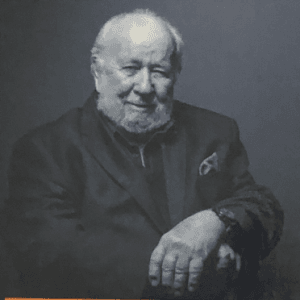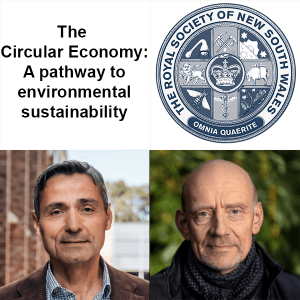
 “Laughing at other people’s pain:
“Laughing at other people’s pain:
Why do we do it, and is it ethical?”
Dr Jessica Milner Davis FRSN
Honorary Research Associate
University of Sydney
Date: Thursday, 20 November, 6.30–7.30 pm AEST
Venue: RSL Mittagong, Carrington Room
Enquiries: by email to the Branch Chair
Entry: Members, $5; Non-members, $10 (please note: cashless payments only)
All are welcome
Summary: Comic pain can be appealingly funny. Think clowns and slapstick or Funniest Home Videos and cat memes online, as well as graphic formats such as cartoons and manga. Most TV and theatre comedies include some form of physical or cringing embarrassment for their comic heroes and heroines (think Mr Bean or Kath and Kim). Are we cruel and unethical to find this kind of humour amusing?
Farce is a particularly physical and violent form of comedy that manages to evoke riotous laughter yet still be considered harmless. Historically, it has been less subject to censorship than a form like satire, yet it gets away with humiliating its prim and proper victims shamelessly. A famous 19th-century French tragic actor once begged the great farce-writer, Georges Feydeau, to write a comedy starring him. Feydeau replied, “In my plays, there are only two kinds of stars: the one who delivers the kicks and the one who receives them. The most important is the one who receives them, and sadly, my dear friend, you cannot receive kicks.”
What are the contexts and rules that allow ordinarily civilised and humane persons to enjoy farce and slapstick? Lessons drawn from live theatre form an intriguing parallel with Bandura’s Social Learning Theory (1975; 1979), which describes the human ability to consent under some conditions to acts which under other conditions would transgress an individual’s own value systems and be regarded as immoral. What are these operant conditions, and do they mean we should be more discriminating in our laughter as well as our behaviour? How does modern cancel culture affect humour and laughter? The positive benefits of mirth provided by traditionally acceptable humour must now be weighed against the charge that these are not necessarily ‘just jokes’ nor safely innocent.
Jessica Milner Davis PhD FRSN is an honorary research associate at The University of Sydney and at the Centre for Comedy Studies Research at Brunel University, London. She is a member of Clare Hall, Cambridge, and has taught as a Visiting Fellow at many universities, including Bologna, Zurich, Stanford, Oxford, Hofstra and Bristol. Twice president of the International Society for Humor Studies (ISHS), she coordinates the Australasian Humour Studies Network and, in 2018, received the ISHS Lifetime Achievement Award for her interdisciplinary research. Her many publications deal with farce, satire, theory of humour and, more recently, cross-cultural studies of humour in European and Asian cultures. Her latest book is Humour in Asian Cultures (Routledge/Taylor & Francis, 2022).
| Royal Society of NSW Southern Highlands Branch | |
| Date: | Thursday, 20 November 2025, 06:30 PM |
| Venue: | RSL Mittagong, Carrington Room |
| Entry: | Members, $5; Non-members, $10 |
In Person Event
All are Welcome














